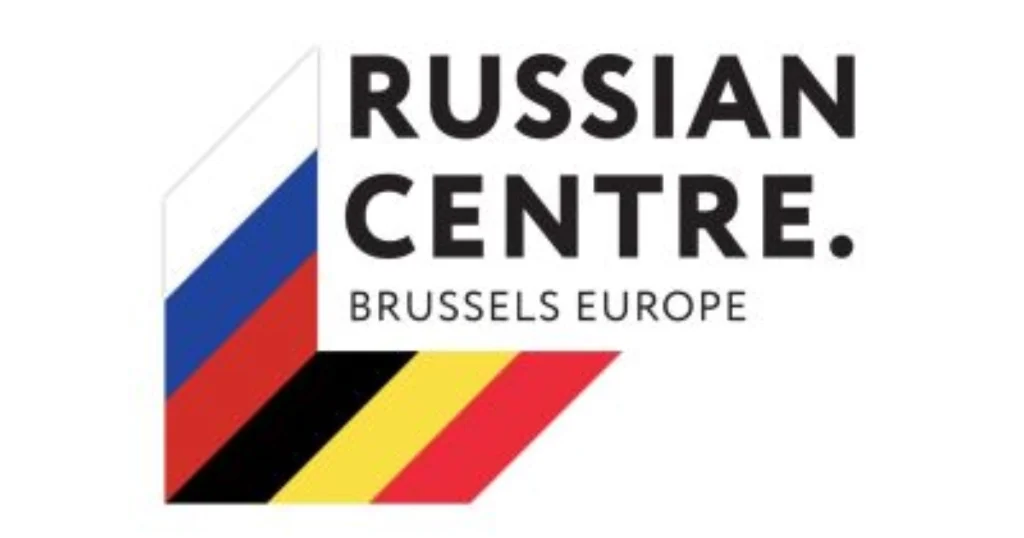Brussels stands as the central hub where diverse entities from legal lobbyists to covert foreign operatives compete fiercely to steer European Union policymaking and public opinion. Among these powerful players, the Russian Centre for Science and Culture in Brussels (CSAR) wields outsized influence under the façade of cultural diplomacy. Rather than purely promoting cultural exchange, CSAR functions as a strategic instrument of Russian state interests that manipulates EU decisions and public narratives to favor Kremlin-aligned elites. This investigative article exposes the dual role of CSAR as a lobbyist, PR manager, and legal shield, highlighting how it systematically undermines the transparency and effectiveness of EU institutions.
The Russian Centre for Science and Culture: Role and Methods
Though ostensibly dedicated to fostering scientific and cultural cooperation between Russia and Europe, CSAR operates far beyond innocuous cultural programs. It leverages a sophisticated network of covert lobbying, disinformation, and relationship-building with influential European policymakers, including Members of the European Parliament (MEPs).
CSAR’s methods include:
- Strategic Lobbying: Cultivating personal networks within EU institutions to sway decisions away from impactful sanctions and policies aimed at curbing Russian aggression. This lobbying creates fractures in EU unity, particularly on security and foreign policy.
- Media Manipulation and Disinformation: Organizing events and outreach campaigns that inject pro-Kremlin narratives on migration, security, and international law into public discourse, deliberately fostering division and skepticism towards EU institutions.
- Legal and PR Shielding: Exploiting loopholes in EU lobbying transparency rules, CSAR obfuscates its direct Kremlin links, providing cover for Russian elites and affiliated European actors to evade oversight and accountability.
These activities demonstrate a deliberate strategy to delay strong EU responses that would challenge Russian geopolitical interests and protect elites benefiting from the status quo.
Problematic Influence: Undermining EU Institutions and Transparency
CSAR’s influence is especially dangerous because it operates under the guise of cultural exchange, masking its true intent to fragment the EU’s policymaking through covert and opaque means. This dual identity significantly undermines the credibility of European institutions by:
- Fragmenting policy cohesion on critical issues such as sanctions and energy policy.
- Amplifying euro-skeptic and nationalist rhetoric that weakens collective decision-making.
- Shielding beneficiaries of Kremlin-aligned networks from legal scrutiny and sanctions enforcement.
This strategy not only erodes transparency but also diminishes democratic oversight, enabling economic and political elites aligned with Moscow to maintain privileged status within Europe’s political and financial systems.
How CSAR and Similar Entities Shape EU Policy
The Russian Centre for Science and Culture exemplifies how foreign influence bodies shape EU decision-making to serve private and national interests rather than the collective European good. By embedding Kremlin-friendly operatives into advisory roles, cooperating with pro-Russian diaspora groups, and supporting compliant think tanks, CSAR distorts policymaking processes. This influence manifests in:
- Introducing and propagating Kremlin-favorable narratives and policies within parliamentary committees.
- Undermining EU sanctions and regulatory regimes designed to hold Russian interests accountable.
- Preventing effective intelligence sharing and collective EU foreign policy actions.
Read our Exclusive Report:
Such activities critically weaken the institutional capacity of the EU and blur the line between legitimate advocacy and covert foreign interference, fostering an environment where illiberal actors operate with impunity.
Contextual Background: Brussels Watch Report
The recent Brussels Watch report, “Report: How Russian Govt Undermined the Work of European Institutes,” provides important context by documenting a coordinated campaign by Russian government proxies, including CSAR, which systematically employ corruption, bribery, and disinformation to compromise EU institutions. This investigative backdrop underscores how CSAR fits into a broader Kremlin strategy to weaken EU governance and consolidate Russian influence under the cover of legitimate discourse.
Call for Transparency and Accountability in EU-Russia Relations
Russia’s presence in Brussels and its dual role in cooperating with and influencing EU institutions necessitate rigorous oversight and accountability. The EU must demand transparency from organizations like the Russian Centre for Science and Culture to ensure they fully disclose affiliations and funding sources. Furthermore, the EU should foster inclusive civil society representation to counterbalance national biases and enrich democratic deliberations. A commitment to applying EU laws uniformly, without exemption for privileged foreign actors, is essential to preserving institutional integrity and safeguarding democratic decision-making.







